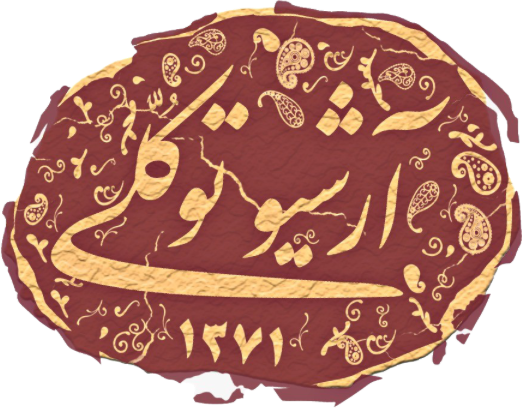Not long after her father died, Afsaneh Najmabadi discovered that her father had a secret second family and that she had a sister she never knew about. In Familial Undercurrents, Najmabadi uncovers her family’s complex experiences of polygamous marriage to tell a larger story of the transformations of notions of love, marriage, and family life in mid-twentieth-century Iran. She traces how the idea of “marrying for love” and the desire for companionate, monogamous marriage acquired dominance in Tehran’s emerging urban middle class. Considering the role played in that process by late nineteenth- and early twentieth-century romance novels, reformist newspapers, plays, and other literature, Najmabadi outlines the rituals and objects—such as wedding outfits, letter writing, and family portraits—that came to characterize the ideal companionate marriage. She reveals how in the course of one generation men’s polygamy had evolved from an acceptable open practice to a taboo best kept secret. At the same time, she chronicles the urban transformations of Tehran and how its architecture and neighborhood social networks both influenced and became emblematic of the myriad forms of modern Iranian family life.
For more information and registration please click here.

